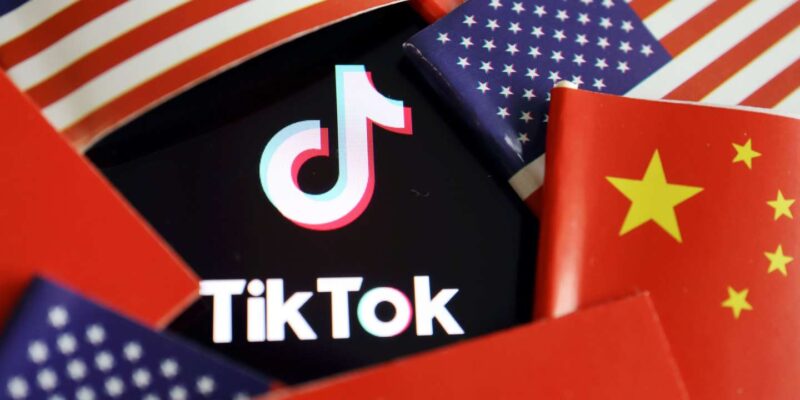After falling victim to a planned ban from the U.S., TikTok continues to make headlines pretty much every single week. And for an app that had proved to be such an attractive prospect with popularity growing across the globe, it has been surprising to see a turn of events.
This was one app that had already built its name and 2020 seemed to be its best year yet with daily active users growing at an incredible speed. But why did the U.S. government all of a sudden decide to say no to the app?
If you have no idea by now, TikTok is an app that was built under a Chinese internet technology firm, Bytedance. And like all tech companies from China, TikTok is tasked to gather information about its users that is in turn shared with its home country’s government.
According to TikTok’s privacy policy, the company collects a range of personal information including but not limited to:
- Registration Information, such as age, username and password, language, and email or phone number
- Profile information, such as name, social media account information, and profile image
- User-generated content
- Payment information
This applies to all the markets that these companies decide to expand to. In this scenario, TikTok has surely been collecting data of users from all the countries it operates from. Clearly, data privacy laws vary from one nation to another.
It is clear that President Trump has been in a debacle with the Chinese government that led to a trade war that has lasted since May 2019. Huawei was, unfortunately, the first company to fall victim to the war after a ban was issued. The ruins are still being felt to this day as basically all licences to do business in the U.S. have expired now.
More than a year later, it is TikTok that hangs on by a thread. But if data privacy seems to be the issue, why don’t they seem to take similar actions against Facebook. After all, Zuckerberg’s social network still has the biggest tech scandal ever stuck on its shoe. Instead, the company was just slapped with a $5 billion fine after numerous hearings.
Well, it seems that this is more than just a war against spying tech companies. It is a cold war with China and the U.S. president knows hitting China where it hurts is the best strategy. That part happens to be its vastly growing technology footprint. Additionally, it is clearly easier for the U.S. government to trust Facebook with the data it gathers rather than a foreign app that submits its users’ data to another communist government.
However, the short-video platform scene is still ruled by TikTok. This is despite Instagram now slightly gaining acclaim with its new service Reels.
The rest of the world still uses TikTok. Millions of users still use it even here in Kenya. Thousands of upcoming influencers are still depending on it to grow their young careers. Plus, it is clear that many people, Kenyans included, do not really care about data privacy.
This is why American companies are running to acquire TikTok. And it is clear that the company is willing to do anything that will get it back in business in one of its biggest markets (100 million U.S. users). Microsoft was one of the first and is still holding talks with Bytedance on how to fully buy it.
Later on, reports went around that Twitter was also interested and was negotiating the process as well. Unfortunately, Twitter’s talks were reported to hit an iceberg. The consensus view appeared to be that the social network would struggle to finance the purchase.
Interestingly, a new bidder has now come over to challenge Microsoft. Software company Oracle that also happens to be a huge rival to the Windows maker is up for the chance. Surprisingly, the newest challenger has been reported to have two advantages over its rival when it comes to pulling off this acquisition.
One is that its partners already hold a stake in the Chinese company. The second would be the possibility of Trump looking to assist in Oracle’s bid.
“Mr Ellison, one of the world’s richest people, is one of the few people in Silicon Valley who has openly supported Mr Trump. In February, the 76-year-old billionaire entrepreneur held a fundraiser for the US president at his estate in Coachella Valley, California. It is unclear whether the White House is more supportive of Oracle’s approach than that of Microsoft,” says the report from Financial Times.
What’s clear is that these tech giants have up to September 15th to convince Bytedance. Failure to that will see the app banned from the U.S. market for good.






Comments